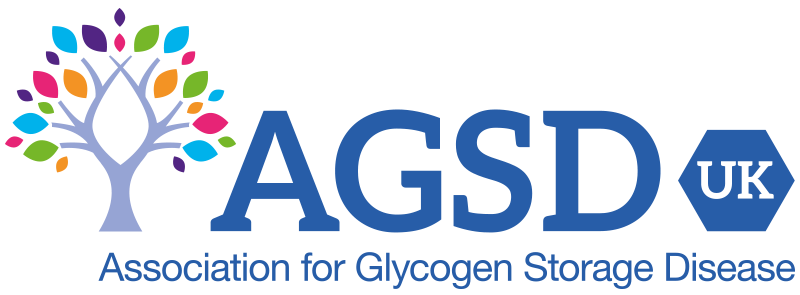GSDs are a group of inherited diseases. This means they are passed on in families through your genes.
They result from a problem with one of the proteins (known as enzymes) involved in the conversion of glucose to glycogen, or the breakdown of glycogen back into glucose.
Liver and muscle forms
They mostly tend to affect your liver and muscles and symptoms include weakness, tiredness and low blood sugar levels. GSDs are rare, it is estimated that about one in every 20,000 to 40,000 babies born has a glycogen storage disorder.
Most have autosomal recessive inheritance
Almost all GSDs occur when a child inherits the affected gene from both parents, in a pattern called autosomal recessive inheritance. We all have two copies of genes and each parent passes on one of their copies to a child. For a child to be affected, both parents need to carry and pass on the faulty gene (which is why it is so rare). If both parents are carriers the chance of each one of their children being affected is 1 in 4. Someone who is a carrier of a GSD normally has no symptoms of the condition.
GSD9 is different
The exception to this inheritance pattern is GSD9, for which the sub-types can have other inheritance patterns such as X-linked recessive.

Personal stories
All GSDs pulling together makes us all stronger.

































